by Public Relations | Dec 16, 2015 | Faculty
The IRS announced the limits for 403(b) plans will not change for 2016. As a reminder the limits are as follows:
• Base amount maximum is $18,000
• For those 50 years and older the maximum is $24,000
• Faculty and staff with 15 years of service may be eligible to contribute an additional $3,000. Please contact Human Resources for this item to verify if you qualify.
Remember that you may change your contribution amount four times in a calendar year. If you wish to make a change, you will need to complete a new salary reduction agreement. This form may be found on MyCanisius under WebHR, HR Forms and Documents, under the folder titled “Other Benefits.”
If you have any questions, please contact Dawn Rotterman at Ext. 3151 or by email at rottermd@canisius.edu.
Submitted by: Dawn Rotterman, benefits specialist, human resources
by Public Relations | Dec 15, 2015 | Faculty, Parents, Students
Monday mornings aren’t so bad when they start off like this!  Submitted by: Lisa Zuchlewski, administrative associate, fine arts
Submitted by: Lisa Zuchlewski, administrative associate, fine arts
by Public Relations | Dec 15, 2015 | Faculty
We have always been aware of how fortunate Canisius is to have loyal donors. In order to ensure continued support, and so our donors are able to claim the benefits of their gifts on their 2015 taxes, please forward any donations that may have been received by your department to me in Advancement Services AG202.
All gifts to the college must be recorded in Banner so that a proper tax receipt may be issued by December 31, 2015. This is an ongoing policy and as we get to the end of the calendar year, time is a critical element. If you have any questions, please contact me at Ext. 8211 or by email at huckk@canisius.edu.
Thank you and happy holidays!
Submitted by: Katie Huck, director, advancement services
by Public Relations | Dec 15, 2015 | Faculty, Students
The Griff Center for Academic Engagement has had some staff changes over the fall semester. Please refer to the PDF for a list of the professional staff members, general responsibilities and contact information.
Submitted by: Annie Dobies, assistant vice president, director, Griff Center
by Public Relations | Dec 14, 2015 | Alumni, Faculty, Parents, Students
Every required class in the master’s program in differentiated instruction has one “common assignment” that stays the same no matter who is teaching the class. The assignment has a common description and a common rubric, both of which were developed and approved by the faculty in the program. Students submit the work and faculty submit the grades to an electronic platform. This way student work is available to serve as exemplars for accreditors and evaluation scores are available for electronic reporting and analysis of outcomes across all class sections.
 Recently, student work on the unit plan in Curriculum Development for Gifted Students (EDDI520) showed that students performed very strongly on planning critical and creative thinking connections in lessons and on differentiation for specific students. It also showed that students needed to learn more about the social and emotional development of gifted learners, as this line of the rubric had the lowest scores. Because of these results, the program added a new required text and class activities with this focus to the course, with the expectation that these changes will help improve student understanding in this area when it is next assessed.
Recently, student work on the unit plan in Curriculum Development for Gifted Students (EDDI520) showed that students performed very strongly on planning critical and creative thinking connections in lessons and on differentiation for specific students. It also showed that students needed to learn more about the social and emotional development of gifted learners, as this line of the rubric had the lowest scores. Because of these results, the program added a new required text and class activities with this focus to the course, with the expectation that these changes will help improve student understanding in this area when it is next assessed.
For more information about the use of common assignments and their assessment in the Differentiated Instruction Program, please contact Julie Henry, director of the Differentiated Instruction Program.
Submitted by: Sara Morris, associate vice president, academic affairs


